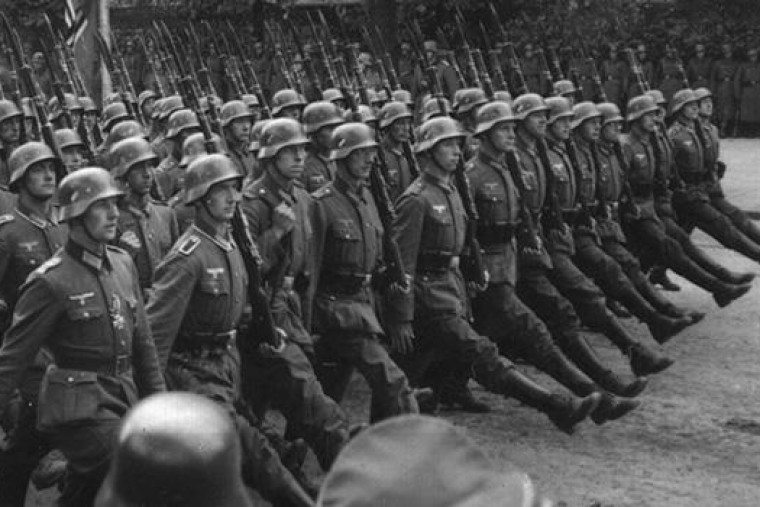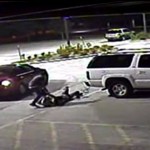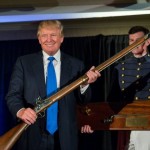The Weimar Republic’s well-intentioned gun registry became a tool for evil.
The perennial gun-control debate in America did not begin here. The same arguments for and against were made in the 1920s in the chaos of Germany’s Weimar Republic, which opted for gun registration. Law-abiding persons complied with the law, but the Communists and Nazis committing acts of political violence did not.
In 1931, Weimar authorities discovered plans for a Nazi takeover in which Jews would be denied food and persons refusing to surrender their guns within 24 hours would be executed. They were written by Werner Best, a future Gestapo official. In reaction to such threats, the government authorized the registration of all firearms and the confiscation thereof, if required for “public safety.”
The interior minister warned that the records must not fall into the hands of any extremist group. In 1933, the ultimate extremist group, led by Adolf Hitler, seized power and used the records to identify, disarm, and attack political opponents and Jews. Constitutional rights were suspended, and mass searches for and seizures of guns and dissident publications ensued. Police revoked gun licenses of Social Democrats and others who were not “politically reliable.”
by Stephen P. Halbrook



